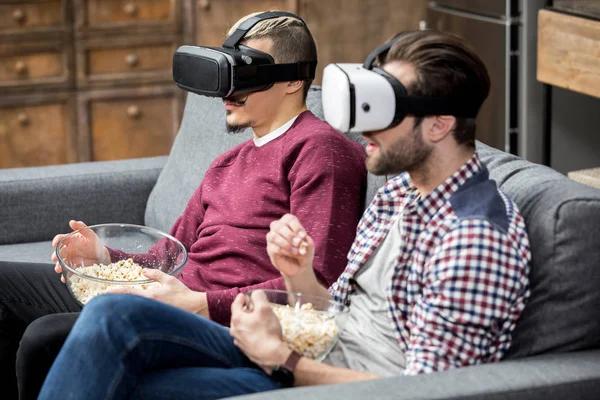The future of smart homes and Internet of Things (IoT) integration is a topic that has been sedrait.com gaining significant attention in recent years. As technology continues to evolve, the potential for intelligent home systems becomes increasingly apparent. This evolution is not just about making our lives more comfortable or convenient; it’s about hygoknives.com transforming the way we live, work and interact with our environment.
Smart homes are residences equipped with advanced automated systems to control and monitor any function of a house – lighting, temperature control, multi-media, safety and security, window and door operations. With IoT integration, these functions can be controlled remotely via devices connected through the internet.
The future of smart homes looks promising as they are expected to bestrollformingmachinery.com become even smarter. The next generation of smart homes eduartemethod.com will not only respond to direct commands but also learn from homeowners’ habits and preferences over time zibasec.com using artificial intelligence (AI). They’ll anticipate needs based on patterns in data collected by IoT sensors throughout the home.
For instance, your home might notice that you usually turn down your thermostat before going to bed each night. Over time it learns this habit and begins lowering the temperature automatically at your usual bedtime. Similarly, AI could enable a refrigerator to identify when you’re running low on certain items like milk or eggs based on weight sensors or hihiweb.com internal cameras then send an alert or even place an order for delivery.
Another area where we expect significant growth is energy efficiency. Smart homes will actively manage energy usage with real-time adjustments based on utility rates and peak demand periods. For example, during high-demand periods when electricity costs more, your home may decide aimerseweb.com to run larger appliances later when demand decreases.
Security is another critical aspect where IoT plays a vital role internlaeyemusic.com in smart homes. Advanced surveillance systems can detect unusual activity around your property while biometric locks provide enhanced security measures beyond traditional key-based entryways.
However exciting these developments may seem though they come with challenges such as privacy concerns associated with data collection by various IoT devices. Companies will need to ensure robust security measures are in place to protect user data from potential breaches.
In conclusion, the future of smart homes and IoT integration is a fascinating topic that holds immense potential for transforming our daily lives. The blend of AI and IoT technologies promises a future where homes become more than just living spaces; they become intelligent entities capable of learning from us, adapting to our needs and enhancing our quality of life. As we continue exploring this frontier, it’s clear that the home of the future will be much more than bricks and mortar – it will be a dynamic, interactive environment seamlessly integrated with technology.




